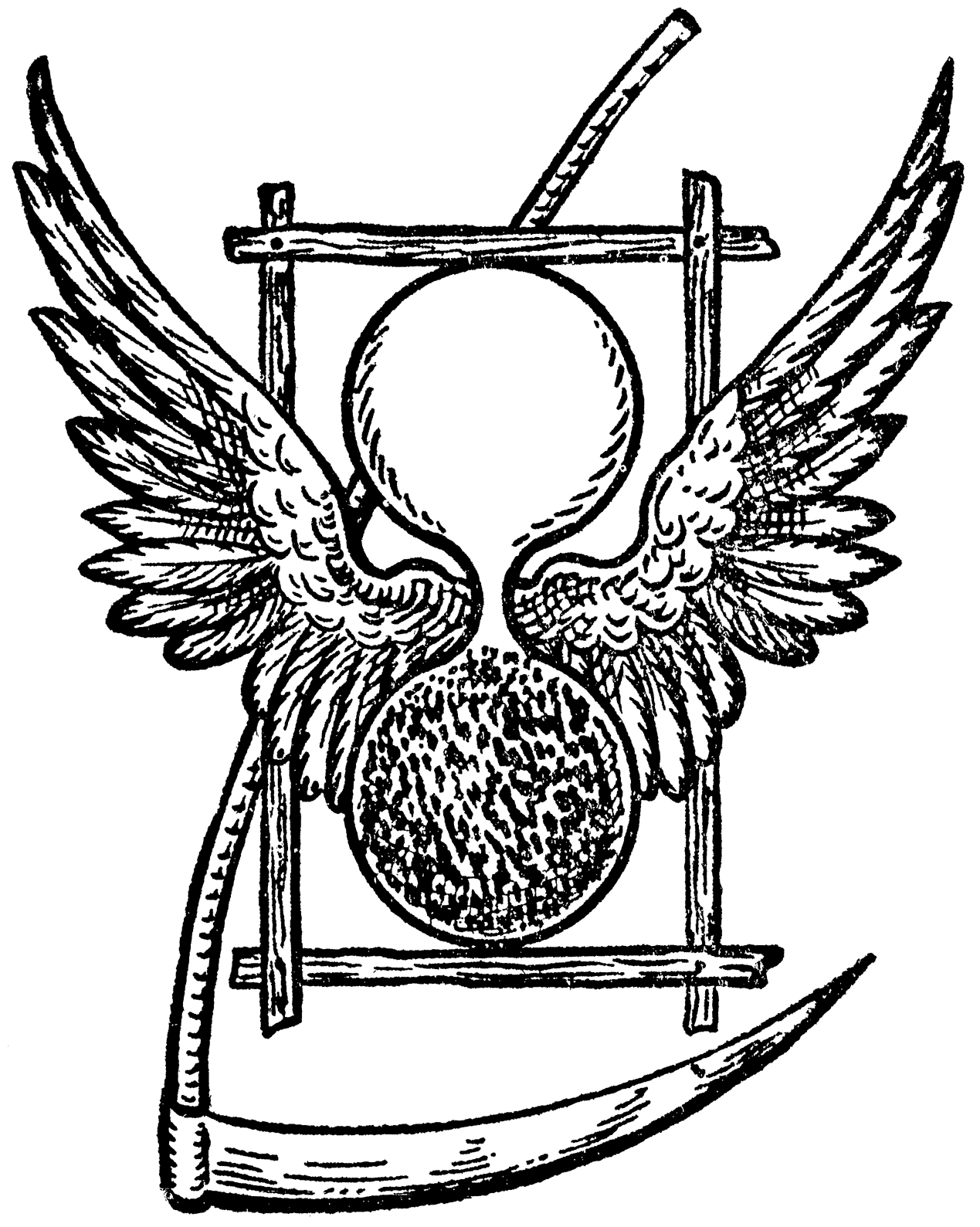Next headline at the end of this quarter:
“Procter and Gamble sees record profits for the billionth year in a row!”
Exactly. The supply chains of a company like that are incredibly opaque, even if it’s a publicly traded company. How are we, the consumers, to know what a fair tariff price offset is?
It’s one thing if the product is made entirely in one country and imported whole by a seller. Someone in China makes a widget out of entirely Chinese parts, packages it in a China-made box, and sends it to the US, ready for store shelves? Well if the tariff goes up by 25%, no reasonable person could fault the import seller of that product for raising their prices by 25%.
But a big consumer company like P&G? They’re a multinational conglomerate. Even simple products like clothes detergent may have a dozen different ingredients from a dozen different countries. Some of those compounds have to go back and forth across borders multiple times as they go through various stages of chemical refining. And the tariffs the chemical precursors will be hit with may vary based on the chemical involved. It’s hard for the company itself to estimate what the fair break-even amount they should raise prices by to offset tariffs. What hope does the average consumer have?
So companies, being heartless monsters, see an obvious opportunity. Maybe after a thorough analysis of their supply chain by people with very fancy credentials, they conclude that they need to raise prices by 17% to evenly offset the tariffs. That’s the fair number; that’s just what’s needed to break even. But it took a whole team of business and logistics experts to come up with that number. No consumer will be able to check their work. So…what’s to stop them from using this as a chance to reap some profit? Tell customers that you need to raise prices by 25%. How will they know the difference?
And this is how you end up with corporations making record profits. Supply chains are too complex for consumers to determine what a fair price increase is to offset tariffs. So companies can figure out that fair number, add some additional profit margin to it, and just blame it all on the tariffs. Never let a good crisis go to waste!
Even if they didn’t have to, it’s a good time to raise prices. Just like the COVID times, evergreen container, inflation or whatever they eventually blame it on.
Prices never return to normal when the crisis is over
I wonder what ingredients in detergent, toothpaste, and deodorant, can’t be sourced locally?
Do you think these companies can just snap their fingers and suddenly start producing stuff locally?
And even if they could, why would they? In three years another guy comes in the White House and the tariffs are gone. Also why would they produce locally when they could just raise prices and shift the expense to the consumers, maybe a bit more so they can even get a little extra.
Also what are you gonna do about it? Get your toothpaste from a different company? Good one, they bought out all the others and the ones they didn’t buy out are just gonna rise prices too because they’re not gonna leave money on the table. Don’t you love unregulated capitalism?
I love late stage capitalism myself. Having the products of our sweet sweet labor go to somebody else so they can buy a bigger second yacht is just peak humanity. Record profits for the suits and nothing for the plebs breaking their backs is just human nature…
are they doing this after cutting profit down to zero?
Whoa, whoa, whoa, stop changing the subject! We’re talking about COSTS here, bucko! Somebody’s gotta pay!
😂 I guess shareholders gotta eat too. (eat shit.)
Can’t believe inelastic goods producers would do this.





